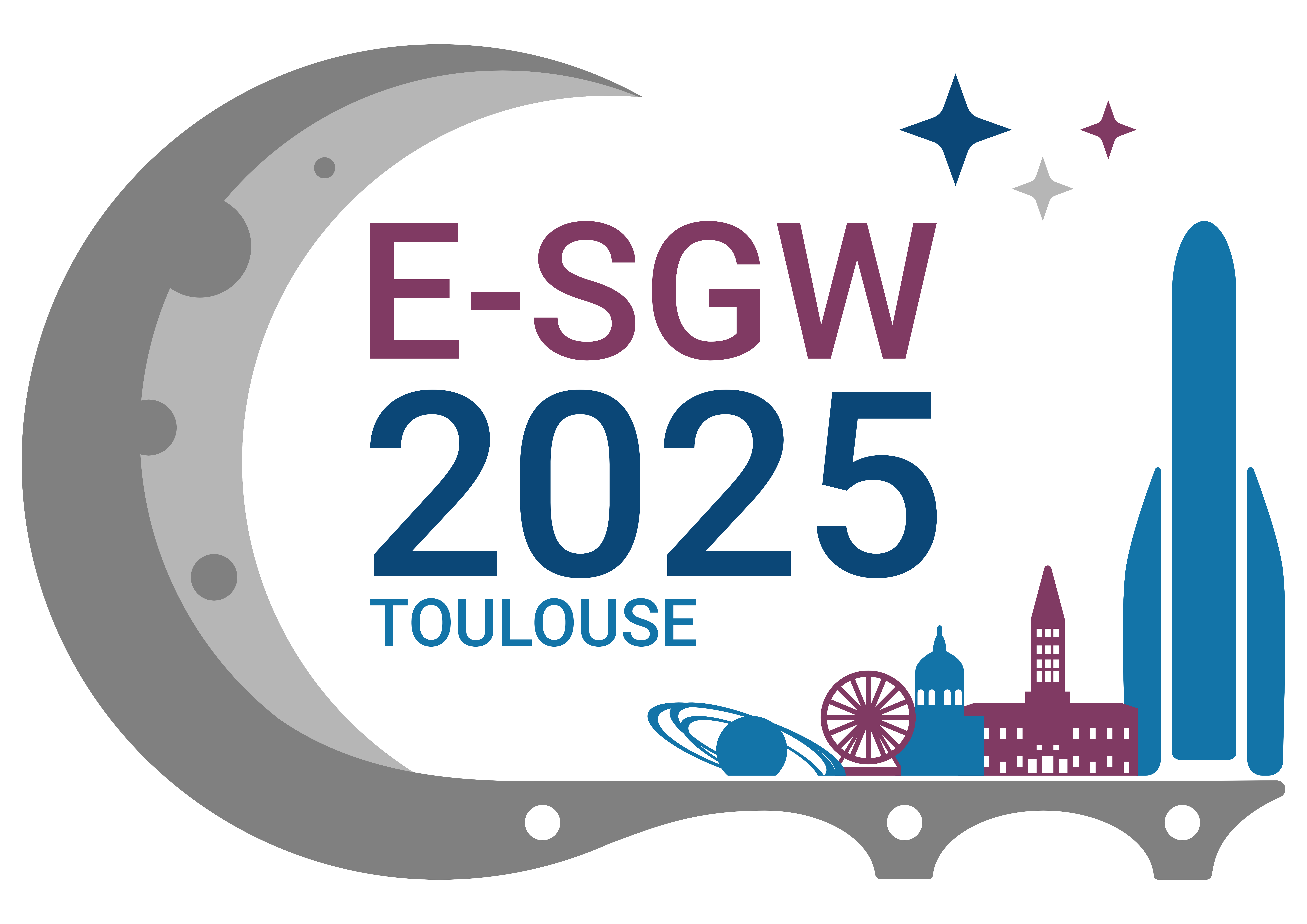Roundtable topics
The following topics are tentative and subject to slight changes if necessary.
1. Germany’s Role in Reusable and Unconventional Space Transport Systems
2. International Collaboration on Small Satellite Projects
3. New Space, New Science: Commercial Collaboration in Orbital Life Sciences
4. Simplifying Student Rocket Launches
Panels
- Breaking the Glass Orbit: Addressing Structural Discrimination in Space Careers
- Space and its edge cases, how can AI be trained with limited datasets?



